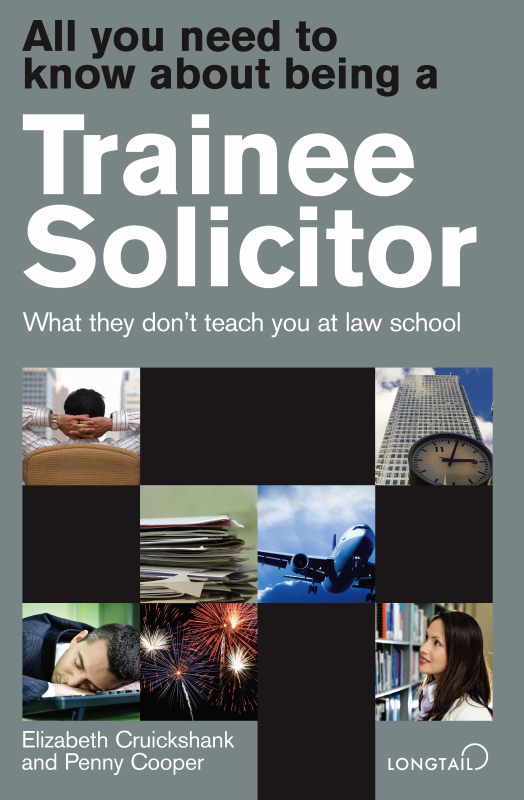Exams made easy – Elizabeth Cruickshank and Penny Cooper
 That headline was a “teaser”, something to attract your attention, because nothing can really make exams feel easy except hard work. But how to utilise your hard work to best advantage?
That headline was a “teaser”, something to attract your attention, because nothing can really make exams feel easy except hard work. But how to utilise your hard work to best advantage?
Get healthy
The Romans had a saying “Mens sana in corpore sano”, meaning “a healthy mind in a healthy body”. They knew a thing or two, these Romans, for the best way to alleviate stress is to get and stay healthy. Caffeine and alcohol may seem like good short-term stress relievers, but their effects are just that – short-term. The best way to deal with the stress of exam revision is to ensure that you eat sensibly, keep alcohol and caffeine intake down to a minimum and factor exercise into your revision plans.
Planning
One thing that is fatal to any notion of effective revision is not to plan it. If you get up in the morning uncertain about what you are going to work on, what time you are going to start or even whether you are going to do any work at all that day, then you are wasting precious energy in identifying and making decisions that you should have made before you went to bed the previous evening.
At the beginning of the lead up to your exams:
– Identify what it is that you need to cover
– Work out how many days you have available for your revision
– Divide each of those days into one hour work periods
– Then fit the topics into the work periods.
Be realistic
How many hours a day can you reasonably study? You can actually cover a great deal in 8 hours if you apply yourself with concentration. You will also need time for sleeping, eating, relaxing, shopping, cooking, travelling and any other essential activities. Scheduling these will mean that you have acknowledged them and allocated space for them so that you don’t need to waste time when you should be studying thinking about when you are going to have lunch or whizz round the supermarket. At the beginning of each week revisit your plan in the light of what you have achieved so far.
Refreshment

When you are drawing up your schedule leave a 5-10 minute gap between each one hour study period. Use this to get some refreshment, take a quick walk round the block, stretch out on the floor and close your eyes – anything to refresh your mind before you start work again. Your brain needs these short rest periods to recover and to process what you have just been studying. Filling every waking hour with work, or almost as bad, deceiving yourself that sitting at a desk for hours on end thinking about working is working, is very counterproductive. To make sure that you give your brain the best chance, factor in some positive pleasure every day that you can look forward to, even if it is only collapsing in front of your favourite television programme for an hour. A change of scenery would be better – a trip to the cinema or the gym, meeting friends – than sitting cramped over books feeling sorry for yourself with a brain that is so exhausted that it can no longer absorb anything.
Repetition
Most of us learn through repetition. And beware – we can embed our mistakes too by simply repeating them. Information does not exist in the brain in detached little chunks. When we learn something new our brains attach it to other pieces of information that have already been stored. It is this creation of “neural pathways” that make it easier to access and use that particular piece of information in the future. Learning tables as a child was a great bore but it was the establishment of number relationships through reciting them that make it easy for you now to work out complex sums. Therefore:
Don’t simply read through your notes, close your file and assume that you have “done your revision”. To be effective try operating on a 4 stage process:
– Before you start ask yourself what you already know about the topic that you are revising. Take 5 minutes to scribble some rough notes or even recite what you think that you know.
– Read your notes or texts carefully, checking that you understand what you are reading.
– After about 45-50 minutes, close your file and see what you can now add to what you knew at the beginning. If you find that there are still gaps, go back and find the answers.
– Take a short 5-10 minute break during which your brain will process what you have just been studying.
Exam questions
Looking through old exam papers should help you to identify themes and even likely questions. But how would you answer them? Again jot down quick answers. This has 2 main benefits. First it enables you to identify gaps in your knowledge which you must fill and second you will gain practice in analysing questions quickly, but don’t waste your time writing down long answers.
Flash Cards
Small postcard-sized cards can be very useful for repeatedly testing your recollection of key words (such as a case name) or of key phrases. Write the question on one side and the answer on the other.
– Question : What is the leading case on child witness evidence in criminal cases?
– Answer: R v Barker 2010.
You can play a quick fun game with yourself to see how many you get right. Whittle down the pile until you know them all – or play this game with a ‘study buddy’.
Group study

You may find having a “study buddy” is helpful. This is not necessarily your best friend in your class. Unless you study with someone who has a good work ethic and who can study for the same amount of time as you, this could do more harm than good. The time you allocate to working together can easily degenerate into a gossip or worse still, a “Let’s have another class of wine!” session. Having a study buddy session can however be very useful when you come to looking at exam questions as you may each see different things in the questions and may be able to share some exam answering techniques.
What you should avoid is the everybody-round-the-table-with-their-books session. This will almost inevitably turn into a social event or lead to a bravado commitment to an “all-nighter”. All-nighters are a bad thing; when you start work again the next day you will not have had the opportunity to relax and process information and you will be too tired and probably demoralised to engage in productive study.
The night before the exam
Unless you are totally desperate, try not to do too much work at this point. You need your brain to be alert and eager, ready to identify the salient points in the exam questions and ready to run down those neural pathways. Do something that is not reading. The best thing is to get out and do something physical – both to tire your body so that you will sleep and to expand your vistas – after all you will have had enough of being enclosed by four silent walls.
…Good luck and remember that it will all be worth it in the end.
Elizabeth Cruickshank and Professor Penny Cooper of The City Law School are the authors of ‘All you need to know about being a Trainee Solicitor’ (Longtail, 2008) which is currently about to be published in 2010 editions in China and Nigeria.
